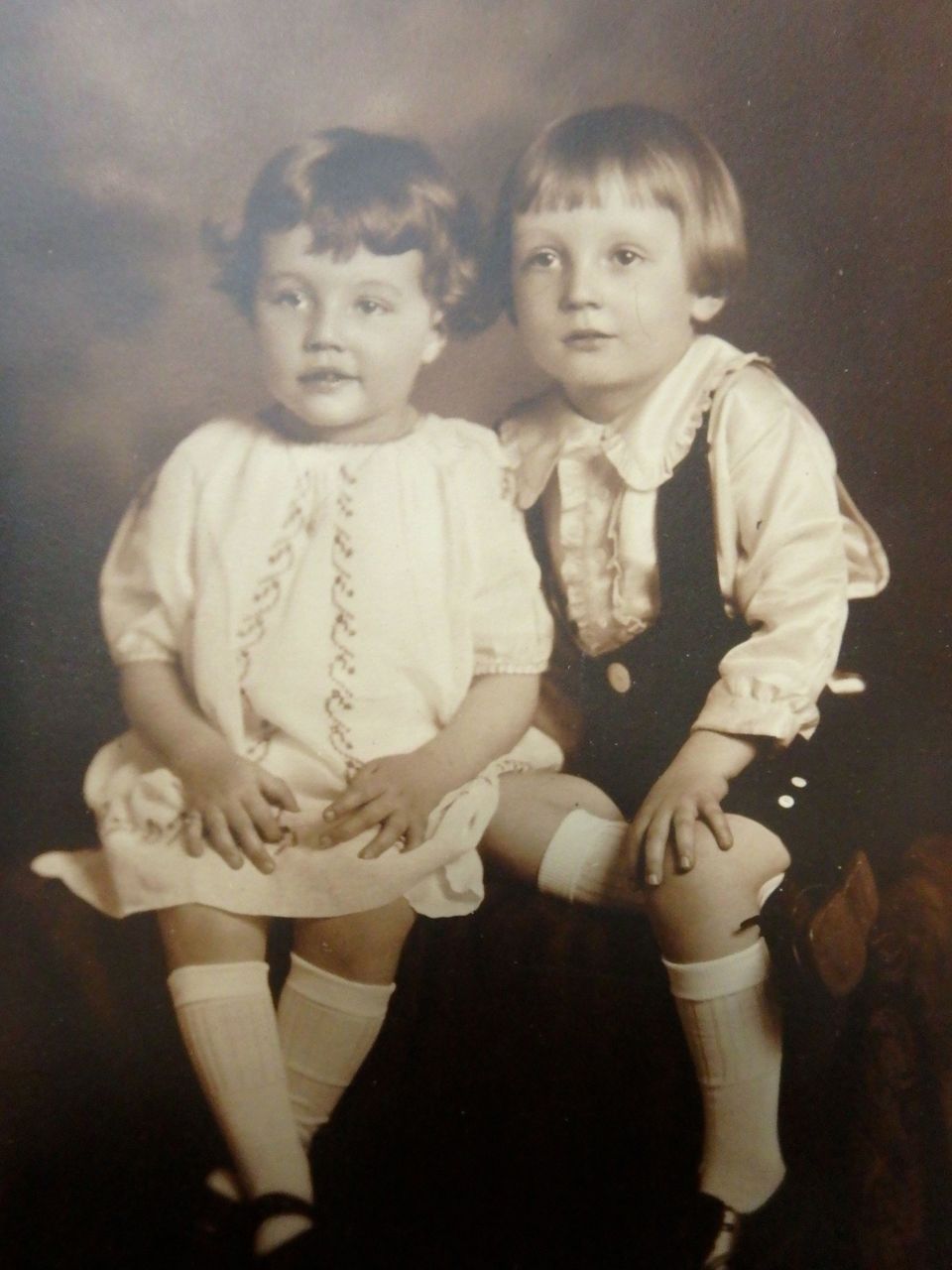OCTOBER 15, 2023 – After UB’s memorial service, my sisters and I spent a weekend together at the old Holman house overlooking Upper Hamburg Cove[1]. For us it was an historic occasion: the only time in our lives when all four of us had congregated there at the same time. Joining us were Linnea and Byron representing the next generation—the fifth of our family to enjoy the crown jewel of our tangible inheritance that in the end, neither infatuation with Alex nor retaliation against me had induced UB to pass the property and its priceless view out of the family.
I had a theory about UB’s overriding consideration.
For several decades he had granted occupancy rights to Nina, though not without frustrating interference with how, by whom and even whether the place should be maintained. Three factors had led to Nina’s preferential treatment: her premiere place in the birth order of her and her three siblings; her long-standing geographic proximity to Hamburg, initially at Connecticut College in New London and for all the time that followed, her various abodes in Boston; and most important, it seemed, Dean’s progressive disability from MS. Dean’s affliction related in a crazy way to UB’s fetish for wheelchairs when Gaga’s bad knees got so bad they relegated her ever more to . . . a wheelchair.
It was to Gaga’s care in her old age that UB had wholly dedicated himself. Mother and son had always been close, just as UB had never been close to Grandpa, though they’d lived under the same roof for 67 years, except during UB’s college years, army life, and time in graduate school. UB’s affection for his mother translated to partiality toward Nina the more her charge—Dean—was consigned to a wheelchair. As much as anything else going on inside UB’s disordered mind, it was the emotional logic of his attachment to his mother and Dean’s dependence on Nina, all symbolized by the wheelchair, that had saved the Hamburg property from dissipation.
No matter what had stayed UB’s hand in giving away this part of our inheritance—if not Mother’s, since Gaga had already deeded it to UB—during our reunion at Hamburg, my sisters and I luxuriated in our relief. The challenge ahead was to retain our desire and resolve to preserve the property and pass it on to the next generation—and ensure that successive generations of our clan would be likewise inclined and equipped.
During our brief stay at Hamburg, my sisters and I broke bread together, played killer Scrabble, took turns snoozing in the hammock in the hemlocks, chattered on the front veranda overlooking the cove, strolled down the hill to Reynold’s General Store next to the marina, hiked up Cove Road to Ely’s Ferry Road, thence to the hidden landing where each of us on so many separate occasions with Grandpa had bobbed in the waves of sea-going pleasure craft that plied the waters of the Lower Connecticut River. Best of all, we simply reveled in our close familial ties and companionship despite our differences of personality. Binding us even more closely was the unspoken acknowledgment that we were now on our own; that UB had been the last of the generation that preceded us; that we had no first cousins with whom to share our inheritance in all its aspects.
Predictably, the apogee of the occasion was our simple ceremony of memory: release of a portion of UB and Mother’s ashes. For this we borrowed access to the neighbor’s pier—the charming cedar steps and railings and gazebo that favored our own property having long disappeared into the folds of time and vegetation. Nina recited Wordsworth at length (by memory, of course), breathing the magic of words into our paradisiacal surroundings. Then came the moment when we would return the ashes of our ancestors to the earth—or more precisely, to the waters upon the earth.
To effectuate this highlight of the ceremony, however, required extra effort. The pier presented challenges to the desired result, and we realized that to mingle the ashes and ensure their departure into the cove would require dispersal at the water’s edge. None of us had proper footwear for the mission, but Byron volunteered to risk his gentlemen’s shoes. While with gratitude we followed visually from the pier, he climbed down and navigated past protruding branches and other vegetative obstacles to an opening along the shore. Once he’d reached the spot, he carefully removed the small bags of ashes from his pockets, knelt down, and gently teased the contents of the bags into the water. In silence we watched as the outgoing tide drew the remains of UB and Mother from view. They’d leave the cove and continue to the river, then the Sound and out to the open Atlantic. As the ashes drifted beyond sight, I recalled silently how much Mother loved the water and how UB loved to travel. I thought too about their affinity for each other despite but perhaps because of their shared mental disorders. How befitting, I thought, that their physical vestiges would mingle in this way to their destiny.
However much they’d executed barrel rolls and flown upside down—especially late in life—Mother and UB had landed right side up, floating gracefully like a swan’s down atop the water flow. And in the quiet wake of their long, full, active lives, they’d left us, the living, with an inheritance beyond earthly measure. It was ours to ignore, forget, reject, consume, and squander . . . or to interpret, accept, embrace, and convert to a transmissible legacy infused with meaningful imagination for those who follow us.
(Continued)
Subscribe to this blog and receive notifications of new posts by email.
© 2023 by Eric Nilsson

